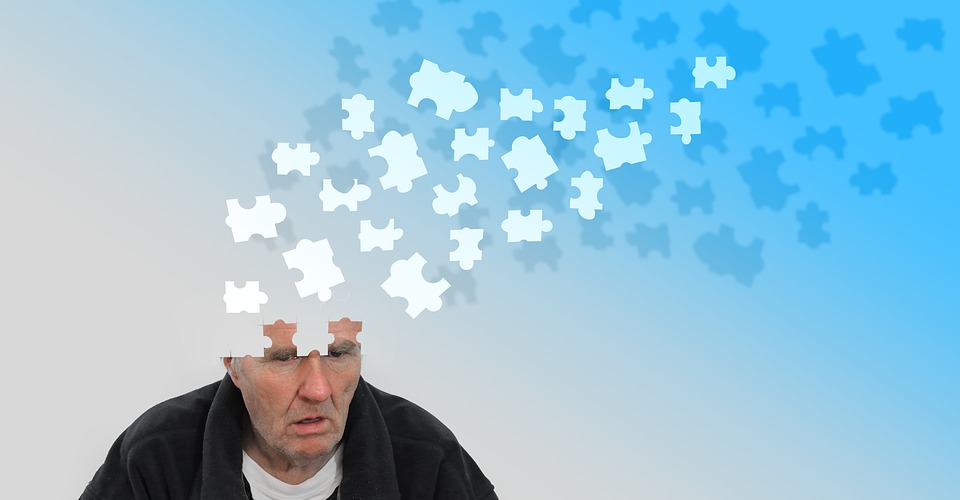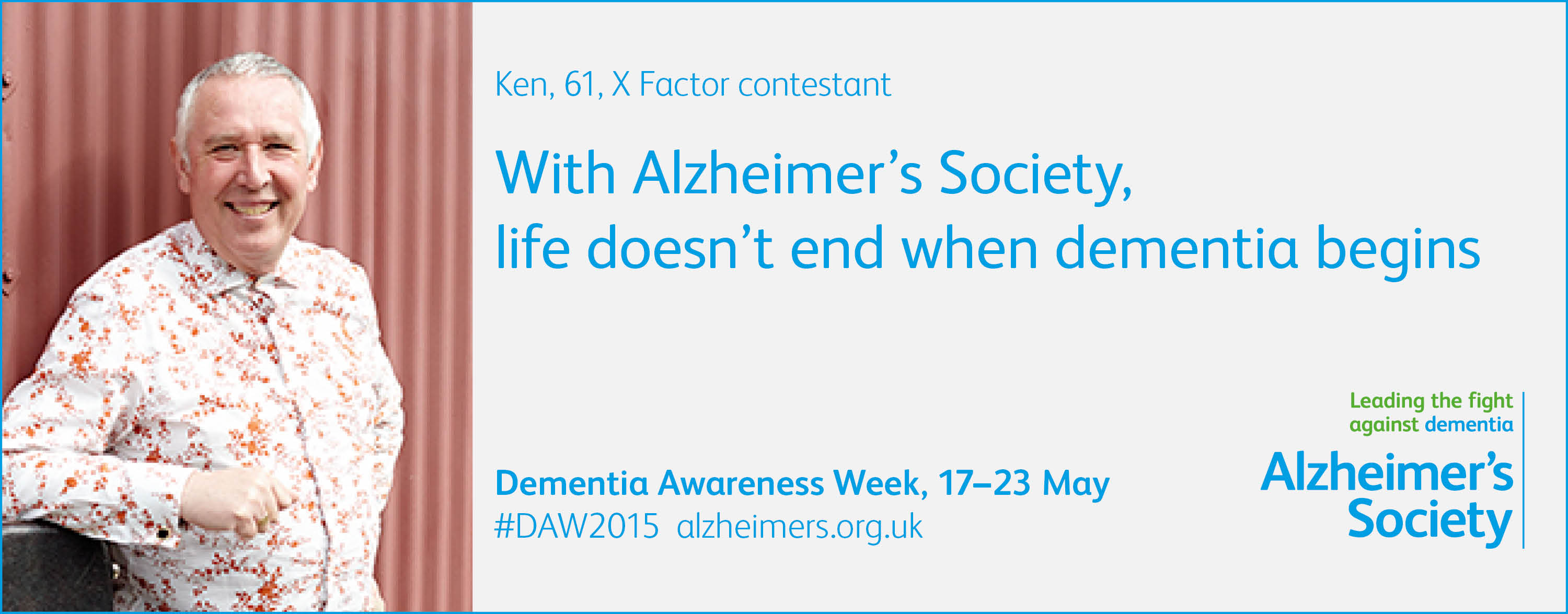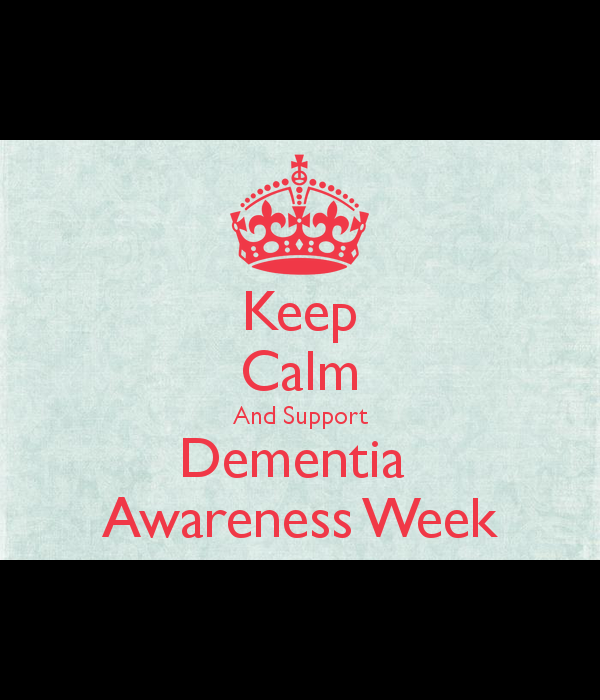Treatment can help prevent further damage to the brain in people with vascular dementia and may slow down its progression.
But there’s currently no cure for the condition or a way to reverse the damage that’s already occurred.
Care plans
Before treatment starts, your current and future health and social care needs will be assessed and a care plan drawn up.
This is a way of ensuring you receive the right treatment for your needs. It involves identifying areas where you may need some assistance, such as:
what support you or your carer need for you to remain as independent as possible – including whether you might need care at home or in a nursing home
whether there are any changes that need to be made to your home to make it easier to live in
whether you need any financial assistance
Read more about care plans.
Lifestyle changes
The main aim of treatment for vascular dementia is to treat the underlying cause to help stop the condition getting worse.
This will usually involve making healthy lifestyle changes, such as:
eating healthily, for example, you may be advised to follow a low-salt diet to manage high blood pressure
losing weight if you’re overweight
Medication
Medication may also be offered to treat the underlying cause of vascular dementia and help stop it getting worse.
These include:
medication for high blood pressure
statins to treat high cholesterol
medicines such as aspirin or clopidogrel to reduce the risk of blood clots and further strokes
anticoagulant medication, such as warfarin, which can also reduce the risk of blood clots and further strokes
medication for diabetes
Some medicines may also help with some of the symptoms of vascular dementia. For example, antidepressants can help relieve depression.
Alzheimer’s disease medications such as donepezil (Aricept), galantamine (Reminyl) or rivastigmine (Exelon) aren’t used to treat vascular dementia, but may be used in people with a combination of vascular dementia and Alzheimer’s disease.
Support and other therapies
There are also a number of therapies and practical measures that can help make everyday living easier for someone with dementia.
These include:
occupational therapy to identify problem areas in everyday life, such as getting dressed, and help work out practical solutions
speech and language therapy to help improve any communication problems
physiotherapy to help with movement difficulties
psychological therapies, such as cognitive stimulation (activities and exercises designed to improve memory, problem-solving skills and language ability)
relaxation techniques, such as massage and music or dance therapy
social interaction, leisure activities and other dementia activities, such as memory cafés (drop-in sessions for people with memory problems and their carers to get support and advice)
home modifications, such as removing loose carpets and potential trip hazards, ensuring the home is well lit, and adding grab bars and handrails
It may also be helpful to get in touch with a support group, such as the Alzheimer’s Society or Dementia UK.
Read more about living well with dementia.
End of life and legal issues
If you’ve been diagnosed with dementia, you might want to make arrangements for your care that take into account the decline in your mental abilities.
This may include ensuring that your wishes are upheld if you’re not able to make decisions for yourself.
You may want to consider:
drawing up an advance decision – this makes your treatment preferences known in case you’re unable to do this in the future
having a preferred place of care plan – this outlines where you would like to receive treatment
giving a relative lasting power of attorney – this is the power to make decisions about you if you’re unable to
Read more about managing legal affairs for someone with dementia and end of life planning.
Help and advice for carers
If you care for someone with dementia, you may find it helpful to read more about:
Looking after someone with dementia
Respite care – this can allow you to take breaks from caring
Benefits for carers – such as allowances and tax credits that may be available




